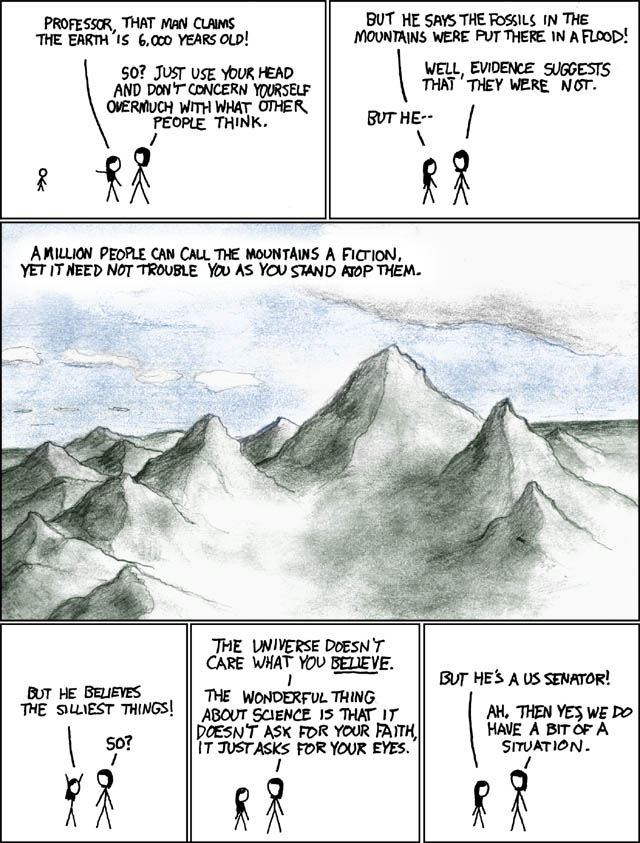Saturday, July 4, 2020¶
Some of my friends are worried about me. They fear that I will go to Hell because I am heretical, a moral relativist, an individualist, a liberal progressive Christian.
In How They Get You (Progressive Christianity) a young man explains that “progressive Christianity is a post-liberal movement accused by many of being heretical”. He tells about how he “almost converted to progressive Christianity, but why he decided not to.” He says “Although I sympathize with progressive Christianity’s intentions on certain things, I think overall, it creates more problems than it solves.” And many commentators agree: Progressive Christianity is “what results when the numbers are more important than the message”, “the result of a person (or people) being (almost) completely led by their emotions or their feelings on their beliefs. So, then, they dismiss the biblical and traditional way that Christianity has viewed morality, gender, sexual relationships, even their view of Jesus the Christ, among other issues.”
My dear friends! No, progressive Christianity does not change the Gospel in order to make it more pleasant and to sell it more easily. The Gospel is easy to grasp and easy to sell by its nature. It is poured out into our hearts, it spreads automatically. Unless we hinder it from spreading. But the Gospel is impossible to carve into stone or to trap into a book because God has “hidden these things from the wise and understanding and revealed them to little children” (Luke 10:21). The Bible is not a cookbook but “the compost pile that provides material for new life”, as Walter Brueggemann wrote (via Pete Enns, and in case you feel offended, please read about permaculture and how important a compost pile is for a garden).
Please read carefully what Karl J. Forehand wrote three days ago in What Jesus Didn’t Do: “It is fairly easy to get a feel for the things Jesus thought were important. His messages and actions were pretty straightforward and the things he said weren’t that hard to interpret.” Jesus said things like “love your neighbor, love your enemies, do to others what you would want them to do to you, don’t judge, have mercy, be peacemakers”. What Jesus never said are things like “Write this down!” or “organize it in a book”.
Regarding our mission, Jesus told us to explain the Gospel to every human, to every people, to every culture. Not only to our own people.
Yes, I believe that Church should be “progressive” rather than “conservative”. The Church’s mission is to constantly develop new words for the Gospel. The Bible is the source of our faith, it is only the beginning, not the goal. Read Psalm 98, which calls us to “sing to the Lord a new song, for he has done marvelous things!”.
The question has a political side. Many faith questions do have a measurable impact on political decisions. When we vote and delegate our voice to a politician, then we should be concerned about what belief they cultivate. O.T. Ford concludes in The Cultural Relativism of the Christian Majority (2017-07-13): “Russ Vought [a fundamentally conservative Christian] can believe whatever he wants. But belief, however it is labelled, is a valid matter of inquiry for a potential government official. As a nonbeliever, I am not concerned with the prospect of eternal suffering. I am, however, highly concerned with the prospect of government power in the hands of someone who believes I deserve eternal suffering.” I deeply agree with Ford, except that unlike him I designate myself as a believer.
Randall Munroe (xkcd.com) illustrated a similar situation in a comic:

I conclude with Forehand’s words in his mentioned blog post: “My hope is that in the future we do less arguing about the intricacies of the book and start living by the example of the man. If you believe what John wrote, He is the word and the way.”